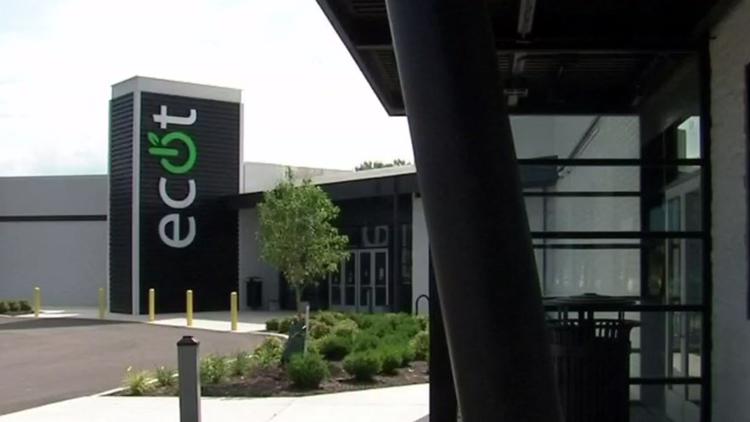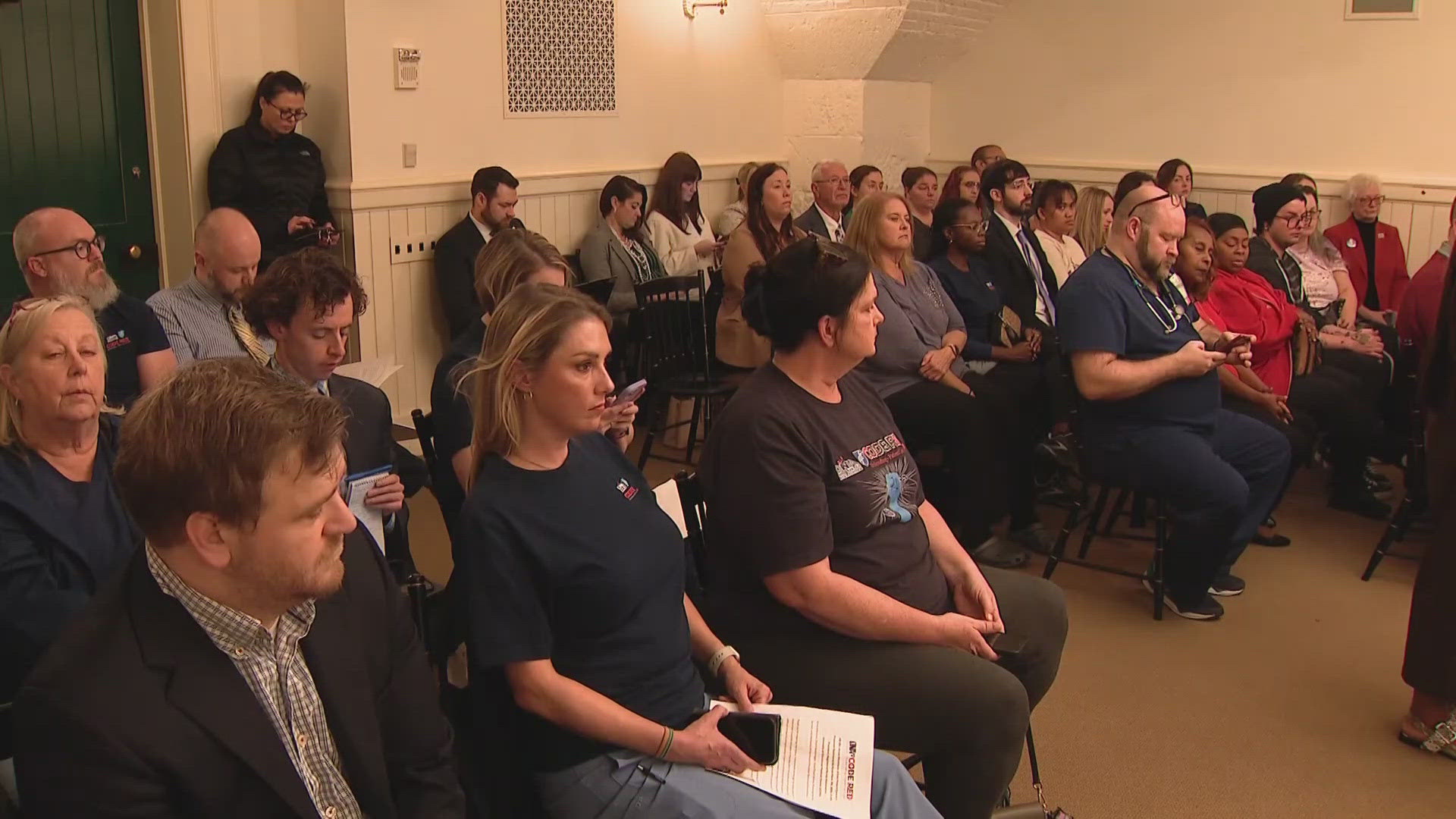COLUMBUS, Ohio — The Electronic Classroom of Tomorrow has lost yet another court challenge, with the Ohio Supreme Court concluding they must repay the more than $60 million the state is owed from the now-defunct private online charter school.
The state’s highest court upheld a decision by the Ohio State Board of Education that said ECOT had falsified enrollment figures, and therefore owed the state money paid to support the education of students at the online school that shut down in 2018.
ECOT was a virtual charter school started in 2000 by William Lager, who donated significant amounts to GOP campaigns as he built the online school in the state.
The state board of education found that ECOT was required to give students five hours of “learning opportunities” per day, but time log data showed students were only online for an average of an hour a day.
While ECOT was still open, the state was withholding $4 million per month in repayment for the money they said the school owed, but when the school closed, that funding source ended.
In March, attorneys for ECOT argued before the Ohio Supreme Court, with ECOT positing the board of education had not followed “basic rules of administrative law” in deciding how to receive funding from ECOT.
The major issue in the ECOT appeal was whether or not the state education board’s decision after holding a hearing on a review of ECOT’s enrollment figures was a “final” decision, or one that could be appealed.
Justice Pat DeWine said the supreme court agrees with the state board in arguing that “final” in this sense “should be understood in the everyday sense of the word, marking the end of the road thus rendering the state board’s decision nonappealable.”
“A contestant on Who Wants to Be a Millionaire locks in her answer choice only upon affirming that it’s her ‘final answer,'” DeWine wrote. “Likely, you’re out of luck if you intend to return an item to a store that posted a sign saying: ‘All sales are final.'”
Chief Justice Maureen O’Connor agreed with DeWine in the case, along with Justice Patrick Fischer and Judge W. Scott Gwin, who sat in for Justice Jennifer Brunner.
Justice Sharon Kennedy, along with Justices Michael Donnelly and Melody Stewart, disagreed with the majority opinion in the case, saying the state board’s “final” decision does not cut off the chances for a court challenge.
Kennedy said other state laws and previous court precedent have shown that a final order by a state agency, for example, can be reviewed by an appeals court or other court with jurisdiction.
“Not even the state board appears to believe that its decision is unalterable, however, because it asserts that its adverse funding determination may be challenged by ECOT…,” Kennedy wrote in her dissent of the decision.
Kennedy says the General Assembly has been “consistent” in allowing appeals to administrative decision like those of the state board of education, therefore the “final” decision should be taken in its legal definition, which would allow for appeal.



